When a patient develops a strange rash, dizziness, or nausea after starting a new medication, doctors don’t just guess what caused it. They use real-world tests to find out - and two of the most powerful tools are dechallenge and rechallenge. These aren’t fancy lab tests or scans. They’re simple, clinical observations that can turn suspicion into certainty.
What Is Dechallenge?
Dechallenge means stopping the drug to see if the side effect goes away. It’s the first step in figuring out if a medicine is really to blame.Let’s say someone starts taking a new antibiotic and develops a painful, itchy rash a week later. Their doctor suspects the drug. So they stop it. If the rash fades over the next few days - maybe within a week - that’s a positive dechallenge. It doesn’t prove the drug caused it, but it strongly suggests it.
But if the rash stays the same or gets worse after stopping the drug? That’s a negative dechallenge. The drug probably isn’t the culprit. Maybe it was something else - a food, a new soap, or even an infection that started around the same time.
The timing matters. A drug with a short half-life, like ibuprofen, should clear from the body in hours. If symptoms disappear within 24-48 hours after stopping it, that’s a good sign. But for drugs that stick around longer - like some antidepressants or blood pressure meds - it might take two weeks or more to see improvement. Doctors need to know the drug’s pharmacokinetics to interpret the result correctly.
Dechallenge is used in about 85% of suspected skin reactions and 79% of drug-induced liver injuries. It’s the go-to tool because it’s safe, non-invasive, and doesn’t require putting the patient back at risk.
What Is Rechallenge?
Rechallenge is when the drug is given again - on purpose - after the side effect has cleared.This sounds risky. And it is. But when done carefully, it’s the strongest proof you can get that a drug caused the reaction.
Take the case of metronidazole, an antibiotic. One patient developed a fixed drug reaction - a dark, circular rash that always appeared in the same spot. After stopping the drug, the rash faded over two weeks. Then, under strict medical supervision, the doctor gave the patient the same drug again. Within 48 hours, the exact same rash reappeared in the exact same spot. That’s a positive rechallenge. It’s not correlation. It’s causation.
Rechallenge is rare - only used in about 0.3% of serious adverse reaction cases. Why? Because it can be dangerous. If someone had a life-threatening reaction like Stevens-Johnson Syndrome or liver failure, re-exposing them could kill them. Even for milder reactions, doctors need approval from an ethics committee, informed consent from the patient, and emergency equipment on standby.
But when it’s done right, rechallenge moves the causality rating from “probable” to “definite” in 97% of cases, according to WHO-UMC guidelines. No algorithm, no blood test, no timeline analysis comes close.
Why These Tests Matter in Real Life
Most people don’t realize how often they’re affected by drug side effects. About 1 in 5 hospital admissions in the UK are linked to adverse drug reactions. Many of these could be avoided if we knew which drugs were the problem.Imagine a patient on five different medications. One day they get dizzy. Their doctor stops all five at once. Weeks later, the dizziness is gone. But which drug caused it? Without dechallenge - meaning stopping one at a time - you’ll never know. That’s why polypharmacy is such a mess. You can’t trust a dechallenge if multiple drugs are pulled simultaneously.
That’s why structured reporting systems are critical. Electronic health records now include fields for dechallenge outcomes. In 67% of major pharmaceutical companies, these are required in safety reports. The FDA and European regulators demand this data. It’s not optional. It’s part of the law.
For patients, understanding dechallenge and rechallenge means being an active partner in their care. If you had a reaction, write down: when you started the drug, what symptoms appeared, when you stopped it, and what happened after. That information is gold for your doctor.
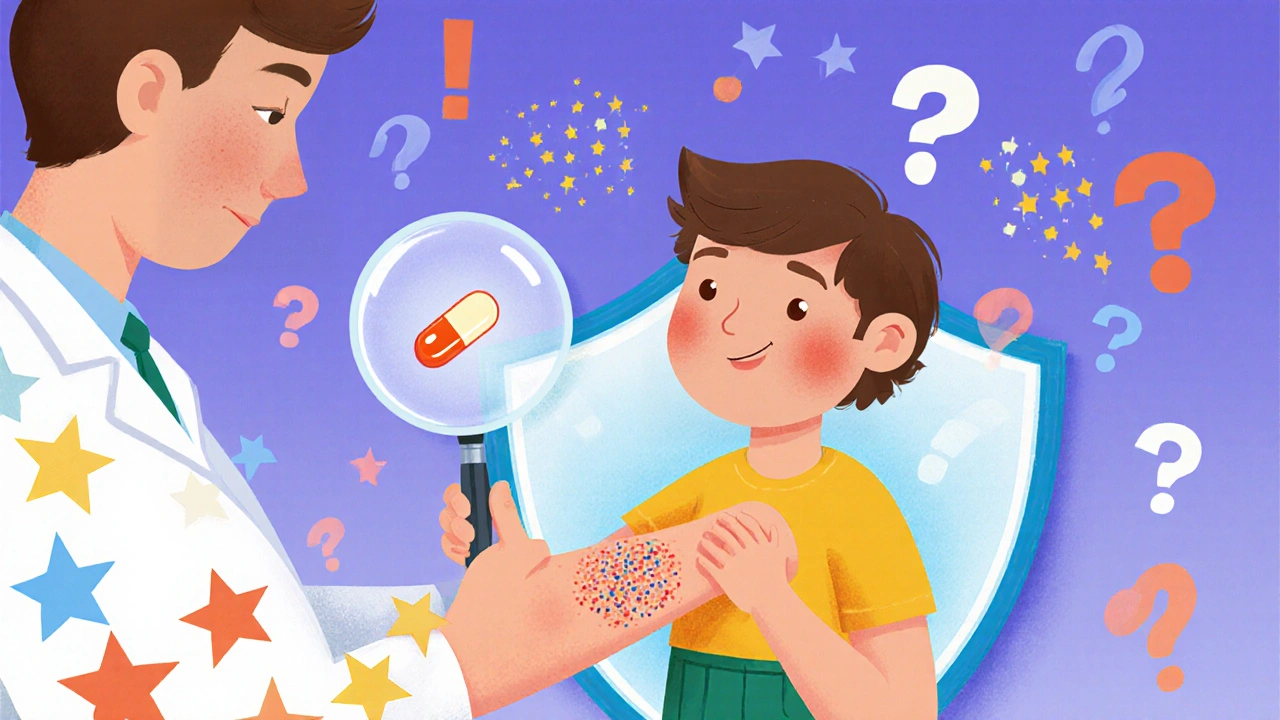
When Rechallenge Is Off the Table
Not every drug reaction can be tested with rechallenge. Some reactions are too dangerous. Others are too slow. For example, drug-induced liver injury might take months to show up - and even longer to heal. Waiting that long to rechallenge isn’t practical.In these cases, doctors rely on other clues: timing, biological plausibility, and ruling out other causes. A drug known to cause liver damage, like acetaminophen in high doses, is more likely to be blamed if the patient took a large amount and had no other liver disease.
There’s also a new wave of alternatives. Researchers are developing blood tests that check if a patient’s immune cells react to a drug in a lab dish. One test from the NIH can predict susceptibility to certain skin reactions with 89% accuracy. That means fewer people need to be re-exposed to risky drugs.
Wearable sensors are also helping. Some patients now wear patches that track heart rate, skin temperature, and inflammation markers after stopping a drug. These devices give objective data instead of relying on a patient’s memory of how they “felt.” One study showed these tools improved dechallenge accuracy from 52% to 78%.
What You Should Know as a Patient
You don’t need to be a doctor to understand these concepts. Here’s what matters:- If you get a new symptom after starting a drug, don’t just ignore it. Report it.
- If your doctor suggests stopping the drug to see if things improve, ask why. It’s not a guess - it’s a test.
- If you’ve had a reaction before, tell every new doctor. Say: “I had a rash with this drug before.” That saves lives.
- Don’t restart a drug just because you “need it.” If it caused a reaction once, it likely will again.
- Rechallenge is not something you ask for. It’s a controlled medical procedure - not a DIY experiment.
Pharmacovigilance - the science of tracking drug safety - lives and dies by these two steps. Without dechallenge, we’d be guessing. Without rechallenge, we’d never be sure. Together, they turn anecdotal stories into science.
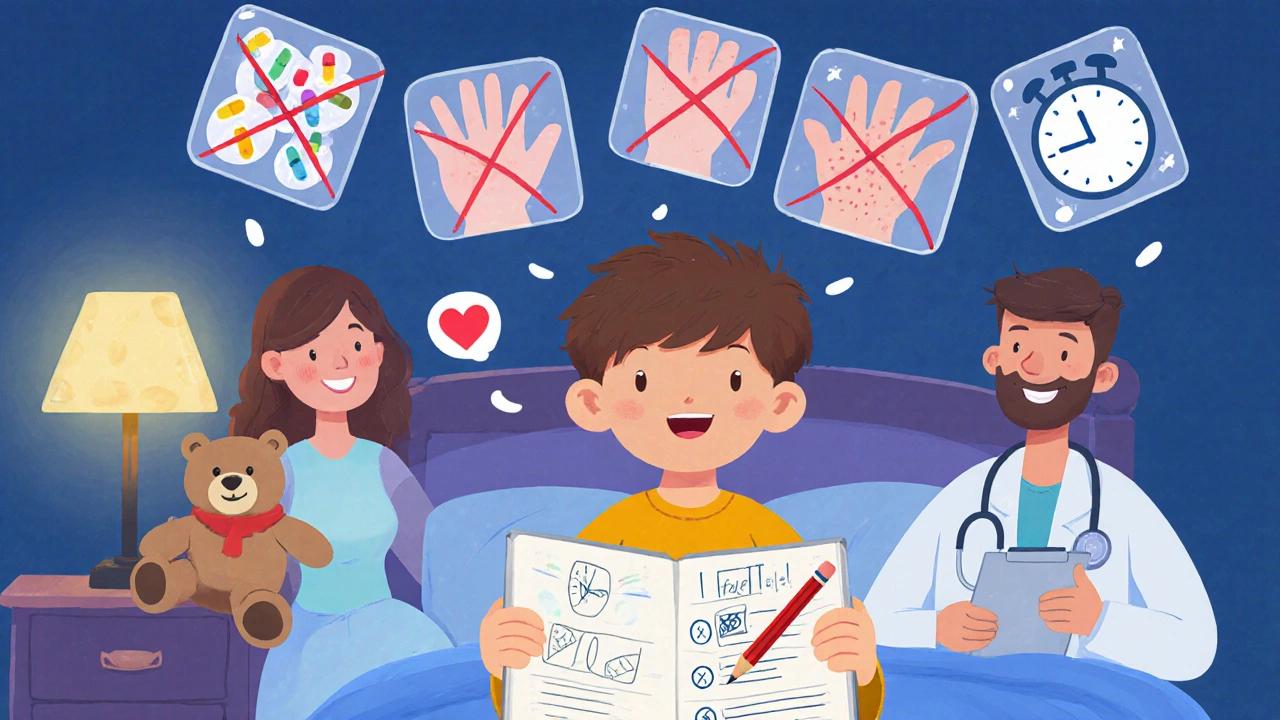
How Common Are These Practices?
Dechallenge is used in 87% of dermatology cases, 79% of liver injury cases, and 43% of psychiatric cases. Why the drop in psychiatry? Because stopping an antidepressant or antipsychotic can trigger withdrawal, relapse, or even suicide risk. The danger of stopping often outweighs the benefit of knowing the cause.That’s why in mental health, doctors rely more on timing and known side effect profiles. For example, SSRIs commonly cause nausea in the first week. If a patient gets nausea and it fades after a few days, that’s expected - not a reason to stop unless it’s unbearable.
Meanwhile, in dermatology and infectious disease, dechallenge is routine. Skin reactions are visible, clear, and often reversible. That makes them ideal for testing.
Global pharmacovigilance spending hit $12.7 billion in 2023 and is expected to double by 2027. A big chunk of that goes into systems that track dechallenge outcomes. Because in lawsuits, regulatory audits, and drug recalls, the difference between “possible” and “definite” causality can mean millions - or lives.
The Bottom Line
Dechallenge and rechallenge are not obscure medical jargon. They’re practical, real-world tools that save lives by preventing dangerous drugs from being given again. They’re the difference between “maybe this caused it” and “yes, this caused it.”They’re also why you should never ignore a new symptom after starting a medication. That reaction might be your body’s signal - and stopping the drug might be the only test you need.
Doctors don’t use these tools because they’re trendy. They use them because they work. And in a world full of drugs, that’s the most important thing of all.
Can I try rechallenge myself if a drug made me sick before?
No. Rechallenge should only be done under strict medical supervision in a controlled setting. Restarting a drug that previously caused a reaction - especially a serious one - can be life-threatening. Even mild reactions can worsen unexpectedly. Never restart a medication on your own after a side effect.
How long does it take for a side effect to go away after stopping the drug?
It depends on the drug and the reaction. For fast-clearing drugs like ibuprofen, symptoms may improve within 24-48 hours. For drugs that stay in the body longer - like some antidepressants or blood thinners - it can take 1-3 weeks. Skin reactions often fade over 1-2 weeks, while liver or nerve damage may take months. Your doctor will know the typical timeline for the specific drug and reaction.
If dechallenge doesn’t help, does that mean the drug is safe?
Not necessarily. A negative dechallenge means the drug probably didn’t cause the reaction - but it doesn’t rule it out completely. Some reactions are irreversible (like scarring or nerve damage), or they may be caused by a combination of drugs. If symptoms persist, doctors look at other causes, including infections, autoimmune conditions, or environmental triggers.
Are there alternatives to rechallenge for proving drug causality?
Yes. Researchers are developing blood tests that check for immune reactions to drugs in the lab, and wearable sensors that track physiological changes after stopping a drug. Machine learning tools can predict likely outcomes based on past cases. But none of these replace clinical dechallenge. They’re supplements - not substitutes. The gold standard remains: stop the drug and see what happens.
Why do some doctors skip dechallenge altogether?
Sometimes, it’s too risky. In mental health, stopping an antidepressant can trigger severe withdrawal or relapse. In chronic conditions like epilepsy or heart failure, stopping a drug could be dangerous. Also, patients often stop drugs on their own before reporting the issue, making it impossible to assess. And in cases with multiple drugs, it’s hard to know which one to stop first. So doctors rely on timing, known side effects, and ruling out other causes.
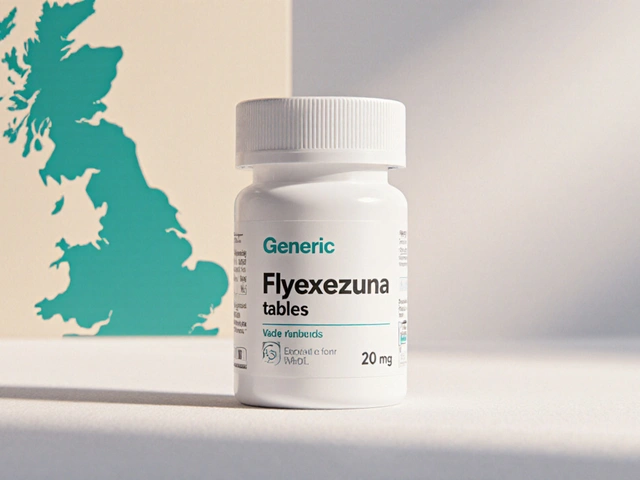
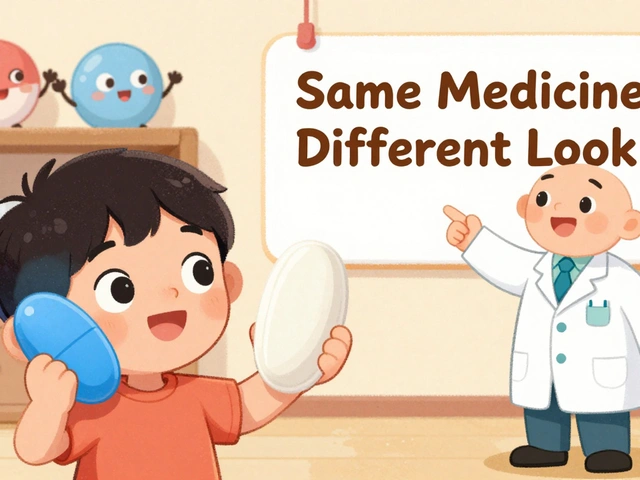
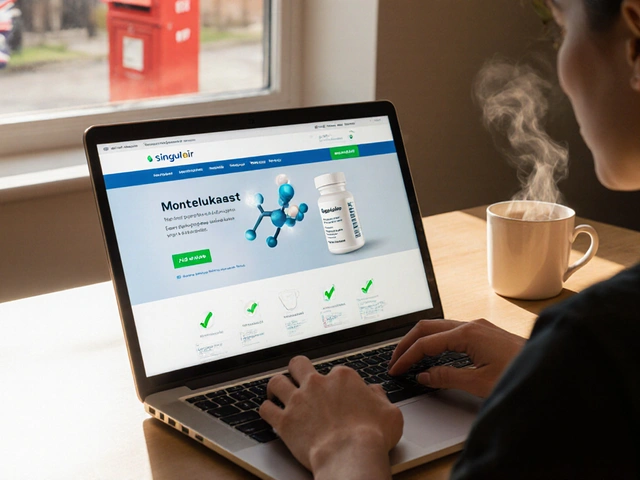
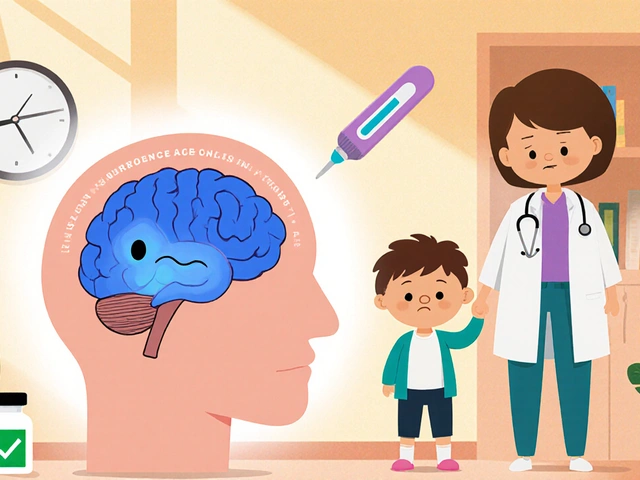
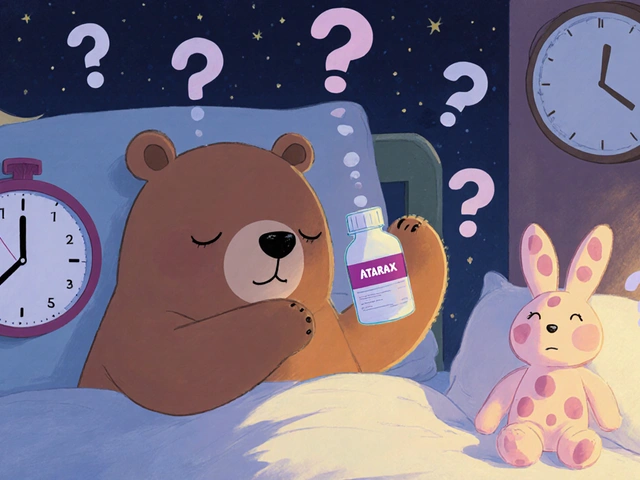
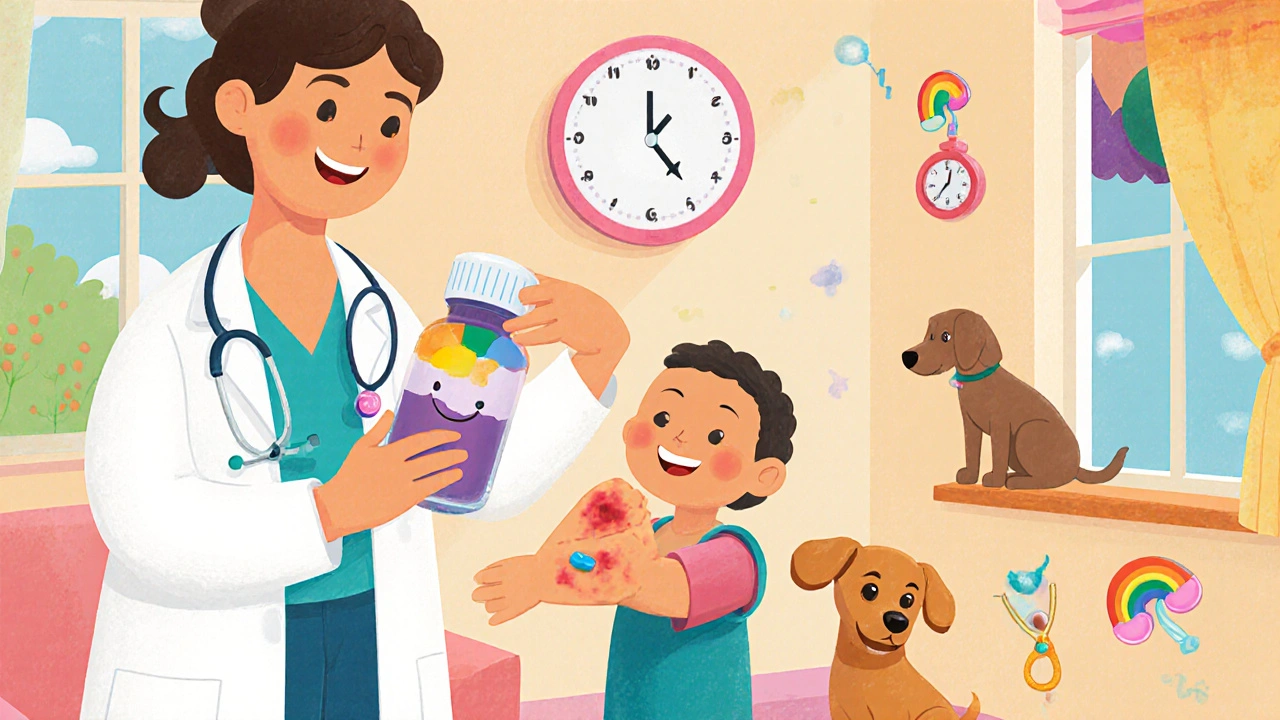
13 Comments
this is wild i had no idea stopping a drug could be a legit test. i thought doctors just guessed and switched meds. my aunt had a rash after her new blood pressure pill and they just told her to stop it. turns out it worked. now she’s on something else and no more itching. mind blown.
The notion that dechallenge is "the gold standard" is dangerously oversimplified. Most physicians lack the training to properly interpret timing, pharmacokinetics, or confounding variables. This post reads like a pharma marketing brochure dressed up as medical education.
USA thinks it invented medicine. Meanwhile in Nigeria, we’ve been using traditional herbs for decades and never needed to rechallenge anyone. Your drugs make people sick, then you test on them again like lab rats. This is why Africans don’t trust Western medicine.
I had a reaction to amoxicillin once. Rash. Swelling. Got scared. Stopped it. Went away in 3 days. Never tried it again. Don’t need a fancy term for that. Just don’t take stuff that makes you feel like death.
So you’re telling me the only way to prove a drug caused a rash is to give it back to the person who almost died from it? Brilliant. What’s next? Rechallenge with a chainsaw?
They’re lying. Rechallenge isn’t about science. It’s about liability. If you can say "definite causality," the drug company pays less. If you say "possible," they walk. This whole system is rigged. And no one talks about it because the FDA gets kickbacks.
Actually, this is one of the cleanest explanations of dechallenge/rechallenge I’ve seen. A lot of clinicians skip the basics and go straight to algorithms. But real-world causality still lives in the patient’s story. If the rash clears after stopping, then comes back when you restart? That’s not coincidence. That’s biology. And yes, it’s still the best tool we have.
I appreciate the clarity here. For patients, especially those on multiple medications, understanding dechallenge empowers them to communicate better with their doctors. I’ve seen too many cases where patients were told "it’s probably stress" when it was clearly a drug reaction. Writing down timelines helps - even a simple note in your phone.
Wow. Another post pretending medicine is logical. Meanwhile, 70% of prescriptions are unnecessary. You think they’re doing dechallenge? Nah. They’re just switching to another pill with a different brand name. This whole system is a money machine.
Rechallenge is a psyop. The real reason they don’t do it often is because they know how many drugs cause delayed, irreversible damage. If they rechallenged everyone, the FDA would collapse under lawsuits. So they let people suffer quietly and call it "rare."
I had a rechallenge. It was terrifying. They gave me back the drug that gave me Stevens-Johnson. I cried. I begged them not to. But they said "it’s the only way to know." And guess what? The rash came back. Worse. I’m scarred for life. And now they want me to sign a waiver so they can test it on someone else? No. Just no.
In India, we often don’t have the luxury of stopping a drug for weeks. Patients need their BP meds, their insulin, their antiepileptics. So we rely on clinical judgment, family history, and known patterns. Dechallenge is ideal, yes - but not always practical. We adapt. That’s medicine.
This post made me feel seen. I’ve been telling my doctor for months that my dizziness started after the new statin. He kept saying "it’s probably anxiety." Then I wrote down the dates: started statin - 3 days later, dizzy. Stopped statin - 5 days later, better. He finally believed me. No fancy test. Just a timeline. Thank you for explaining why that matters.